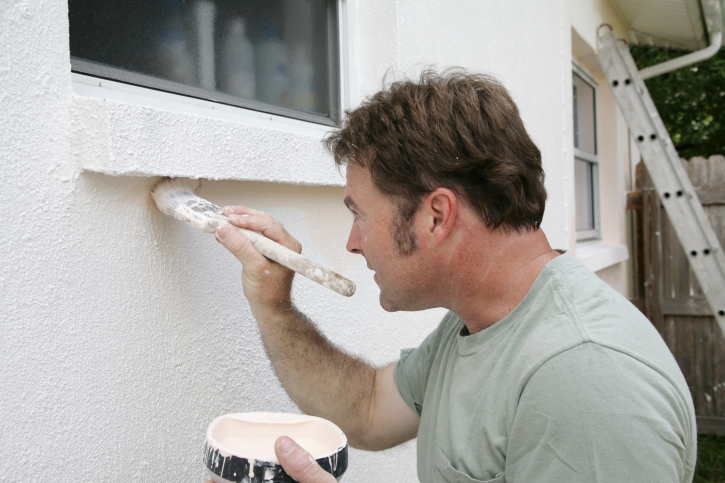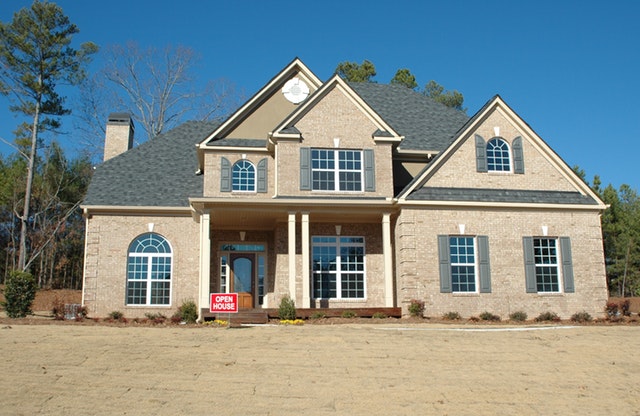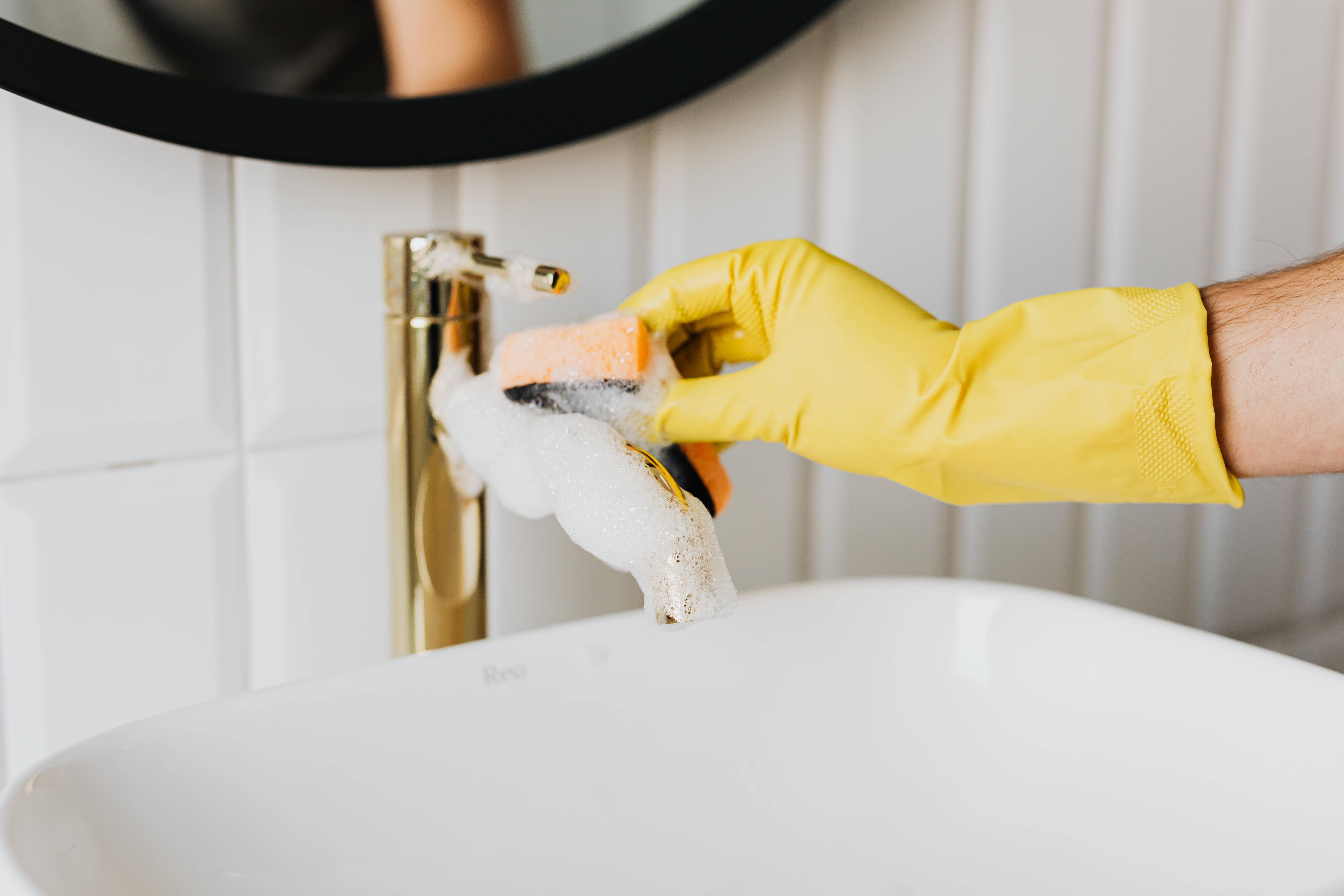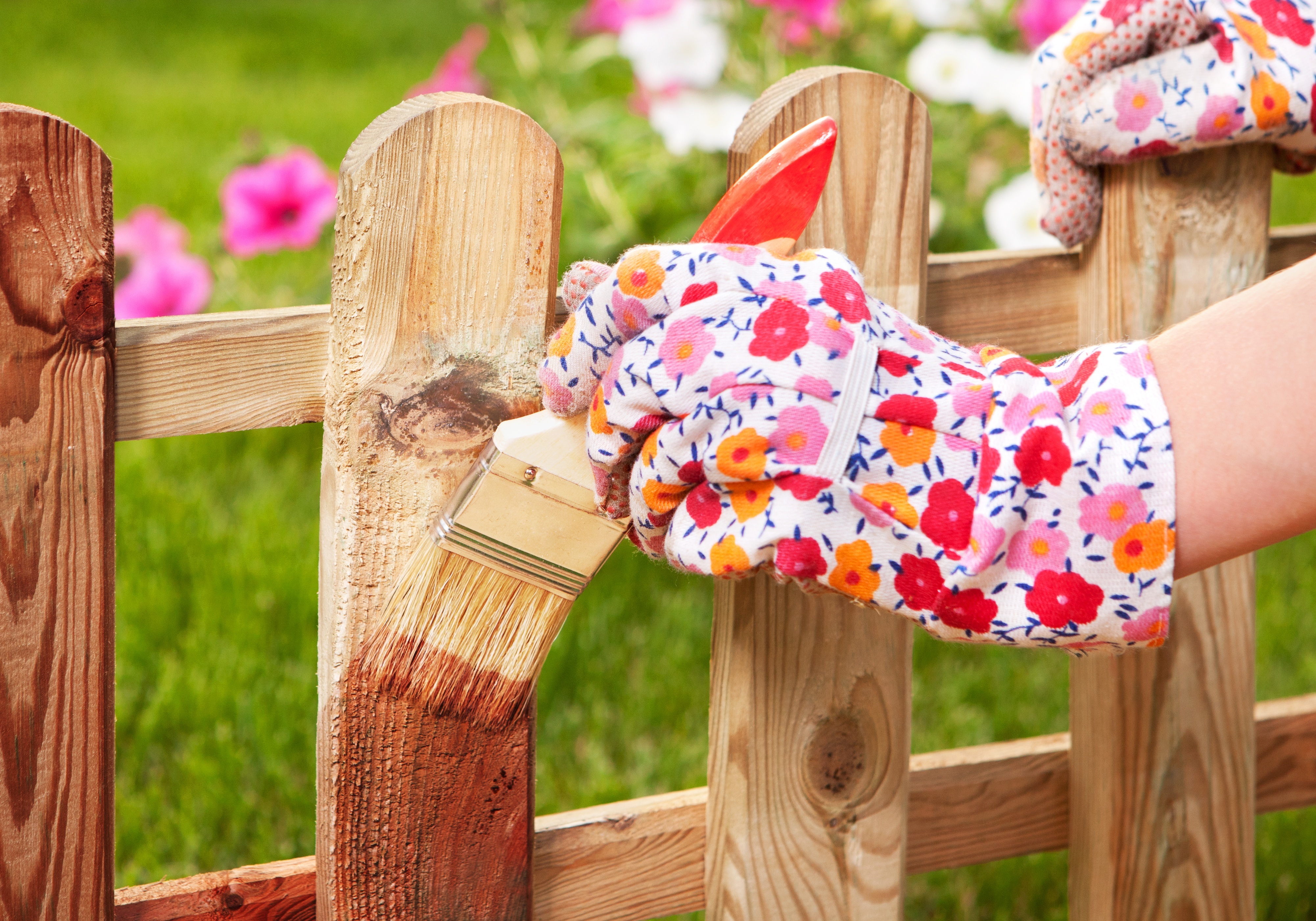 Renovating a home is not only a way to increase the family’s standard of living but it can also be seen as an investment. There are multiple ways for someone to increase the value of their home and renovations are one of the most straightforward. At the same time, some investments offer a better return than others.
Renovating a home is not only a way to increase the family’s standard of living but it can also be seen as an investment. There are multiple ways for someone to increase the value of their home and renovations are one of the most straightforward. At the same time, some investments offer a better return than others.
Those who are thinking about selling their home in the future should strive to get every dollar possible. Renovations can make this happen.
Garage Door Replacement
When people think about renovations, they don’t often think about the garage. Some people don’t even include their garage in their square footage because it might not be heated; however, replacing the garage door can provide a major investment return.
In some cases, the value of the garage door itself may double with a simple replacement. While some people dread the prospect of replacing a damaged garage door, even upgrading a working one can lead to a significant return!
Manufactured Stone Veneer
Stone is a popular building material because it provides a sleek look in addition to being versatile. Therefore, it should come as no surprise that a stone veneer will also provide a major investment return. For those who spend around ten thousand dollars on a stone veneer, the value of this investment may nearly double. This provides a great way to not only upgrade the home but also increase its resale value.
Entry Door Replacement
A home’s doors are incredibly important because not only do they a measure of security but also they also draw someone’s eyes. Replacing an entry door may provide an investment return of close to 90 percent. Because this job can be handled quickly by a trained professional, this can be a quick upgrade for those looking to boost the value of their home before selling it.
Plan for Warm Weather Renovations
With the weather starting to heat up, many individuals and families are looking to plan their renovation projects for the summer. Think about the projects wisely as they can have a significant impact on the value of a home. Renovations should be viewed as investments as well as upgrades for the family’s standard of living.

 Case-Shiller’s National Home Price Index showed little change in April as home prices rose by 0.10 percent to a year-over-year average of 4.70 percent. The 20-City Home Price Index showed corresponding home price growth of 0.10 percent to 4.00 percent year-over-year.
Case-Shiller’s National Home Price Index showed little change in April as home prices rose by 0.10 percent to a year-over-year average of 4.70 percent. The 20-City Home Price Index showed corresponding home price growth of 0.10 percent to 4.00 percent year-over-year. For Sale By Owner (FSBO) at first glance seems like it might be a good idea. After all, in an FSBO transaction, there is the saving of the commission that a real estate agent earns. Does that mean there is more for the homeowner from the FSBO sale? Not always.
For Sale By Owner (FSBO) at first glance seems like it might be a good idea. After all, in an FSBO transaction, there is the saving of the commission that a real estate agent earns. Does that mean there is more for the homeowner from the FSBO sale? Not always. Last week’s scheduled economic news included readings on sales of new and pre-owned homes and reports on inflation. Weekly reports on mortgage rates and new and continuing jobless claims were also released.
Last week’s scheduled economic news included readings on sales of new and pre-owned homes and reports on inflation. Weekly reports on mortgage rates and new and continuing jobless claims were also released. A study by the World Health Organization says that 90% of our health comes from where and how people live. Homeowners are paying more attention to wellness. These considerations extend to the home that they want to buy. Do you want to get a great price when you sell your home?
A study by the World Health Organization says that 90% of our health comes from where and how people live. Homeowners are paying more attention to wellness. These considerations extend to the home that they want to buy. Do you want to get a great price when you sell your home? 
 If you are like a lot of homeowners who have just sold their homes, packing up to move is the least enjoyable aspect of the whole thing. Packing is always time consuming, but it is worse when you have weird shaped items to pack. Sometimes the most commonly used items end up being difficult to pack.
If you are like a lot of homeowners who have just sold their homes, packing up to move is the least enjoyable aspect of the whole thing. Packing is always time consuming, but it is worse when you have weird shaped items to pack. Sometimes the most commonly used items end up being difficult to pack. Did you just move into a new city? Transitioning to a new city is hard enough, but when you also need to find a job, it can be even tougher. Since everything is a bit new to you, there are definitely some strategies to implement that will make your job hunting easier. Here are some tips to keep in mind.
Did you just move into a new city? Transitioning to a new city is hard enough, but when you also need to find a job, it can be even tougher. Since everything is a bit new to you, there are definitely some strategies to implement that will make your job hunting easier. Here are some tips to keep in mind. Last week’s scheduled economic reporting included readings on U.S. Housing markets, housing starts, and building permits issued. Weekly reports on new and continuing jobless claims and mortgage rates were also released.
Last week’s scheduled economic reporting included readings on U.S. Housing markets, housing starts, and building permits issued. Weekly reports on new and continuing jobless claims and mortgage rates were also released.